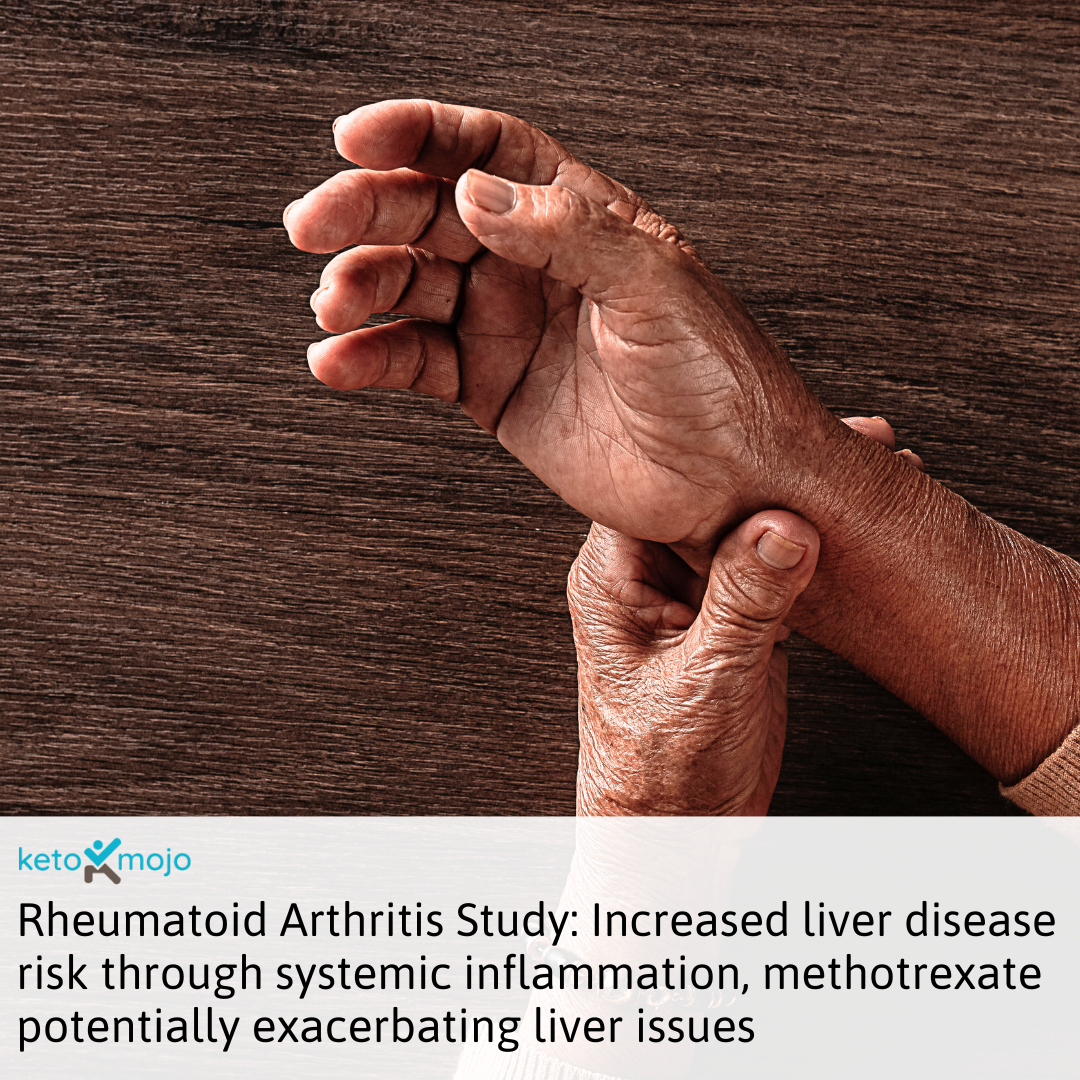Musculoskeletal, Neurology, Immunological
Clinical features and immune mechanisms directly linked to the altered liver function in patients with rheumatoid arthritis

Rheumatoid Arthritis and Liver Function: New Insights
Rheumatoid arthritis (RA) is a chronic inflammatory autoimmune disease with increased systemic complications and mortality. Anti-citrullinated protein antibodies (ACPAs) are crucial in both diagnosing and developing RA. A recent study investigated the impact of RA on liver function, revealing significant findings.
Study Overview:
- Participants: 330 individuals, including RA patients, non-RA patients with NAFLD, and healthy donors
- Key Focus: Influence of arthritis on liver function
Key Findings:
- Increased Liver Disease Risk: RA patients have a higher risk of liver disease unrelated to obesity or type 2 diabetes.
- Contributing Factors: Insulin resistance, presence of autoantibodies, and systemic inflammation.
- Methotrexate Treatment: Six-month treatment showed potential liver abnormalities in new RA patients with cardiovascular risk factors.
- Experimental Results: ACPAs harm liver function, promoting insulin resistance and inflammation, as evidenced by mouse model and hepatocyte studies.
Conclusion: RA patients may experience liver inflammation due to immune cell infiltration and ACPAs, linked to systemic inflammation and disease activity levels, independent of obesity or diabetes. Methotrexate may exacerbate liver function issues in the presence of cardiovascular risk factors.






